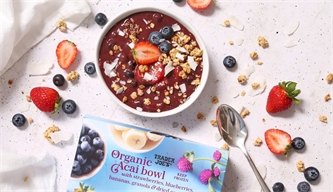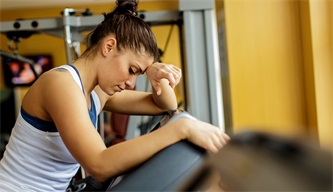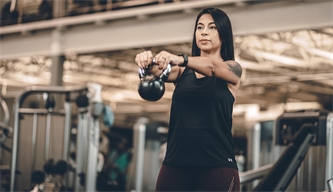08Sep
Is Napping Good For You?
Most adults gave up naptime after their toddler years, but some people swear by the power of some afternoon shut-eye. In fact, according to the National Sleep Foundation, as many as one in every three American adults regularly take a midday nap. Is it in your best interest to catch those zzz’s whenever you can, or will napping make it tougher to sleep when you hit the hay at bedtime?
The pros of napping
For most healthy adults, the occasional nap offers major benefits. Napping has been shown to boost your memory, make you feel less cranky, and can help you catch up on much-needed rest after a late night.
The cons of napping
For some, napping during the day can make it harder to sleep at night. There are some things you can do to help prevent this, like making sure to get your nap in earlier in the day, but for some, napping just doesn’t help. If you wind up feeling crummy on the days you try to nap, don’t feel pressured to.
On the other hand, if you find yourself craving naps every day, it could be a sign of something serious. Daytime drowsiness can be an indicator of low-quality sleep, which could suggest a sleep disorder. You’ll want to talk to your doctor if you’re having regular trouble sleeping or feeling rested after sleep.
How long should I nap?
You don’t want your power nap to turn into a full sleep sesh (usually around that 45-minute mark) because you’re more likely to wake up during slow-wave sleep, which will leave you feeling seriously groggy. Consider setting an alarm for 20 minutes or less: some people like naps that are as short as five or ten minutes, but you should test out what works best for you.
Most people see the best effects when they took their naps in the early afternoon, and researchers recommend getting that nap in before 2pm so it’s less likely to impact your nighttime sleep.
How to have a better nap
- Make sure to find somewhere dark and quiet for napping or consider investing in a sleep mask and earplugs.
- Keep your nap 10-20 minutes long and set an alarm so you know you’ll wake up in time.
- Some nappers enjoy drinking a small amount of caffeine before napping to help them avoid that groggy feeling when first waking. Caffeine usually takes about 20 minutes to kick in, so it won’t keep you from resting, but you’ll wake up feeling ready for the rest of your afternoon. Some have even dubbed this a “nappuccino.”
- Some meditation apps, like Balance, offer guided naps, which start with a short meditation to help you drift off, and then a mellow alarm to wake you after a set amount of time.
Still feeling sleepy? Check out more articles on this topic:
About the Author
Related

Making big changes for your family, like meal prepping or training for a 5K together, are great, but...
Read More >

Check out our list of no-heat food choices from Trader Joe’s, organized into savory and sweet. Stay...
Read More >

As a part of the In-Shape family, we know you work hard to stay active. But did you know there’s a ...
Read More >

While we’d all like our Christmas morning to be as magical as a movie, any parent can tell you that...
Read More >

Are you feeling discouraged because you've hit an obstacle in your fitness journey? Don't wo...
Read More >

Looking to change up your routine? Try a new piece of equipment at the club—like the kettlebell. Wh...
Read More >